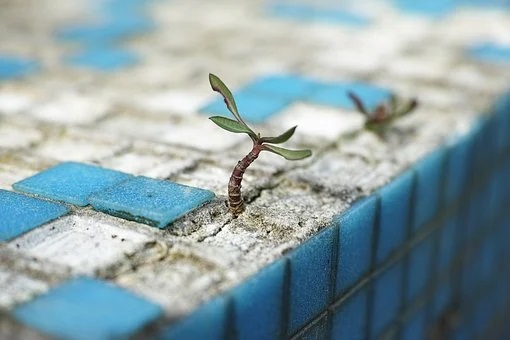Once a question was raised in Newsweek: Money or happiness, which one is more important?
How would we answer if we were asked the question?
Shakyamuni Buddha answered this question 2500 years ago. That is, happiness is the most important. Money alone cannot make people satisfied, nor can one obtain happiness and freedom from it. Nonetheless, most people still think that there can be no happiness without money. To them, money is the key to happiness.
Of course, other than barely a few exceptions, people who are destitute generally do not feel much happiness. But does it mean that wealthy people must be very happy? No, it certainly does not. Money really cannot buy everything!
~Depicted from THE RIGHT VIEW - A Buddhist’s Mode of Life










